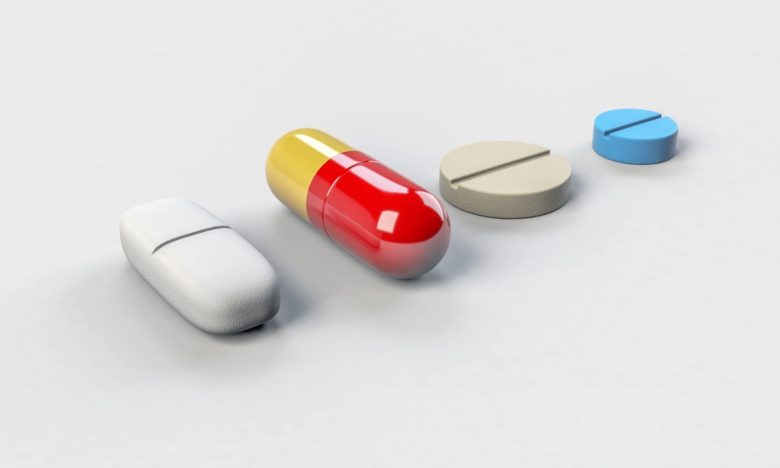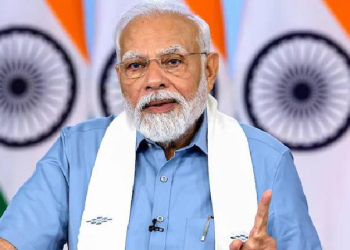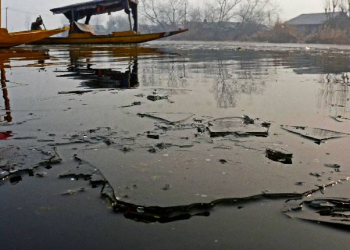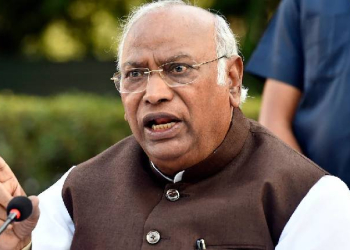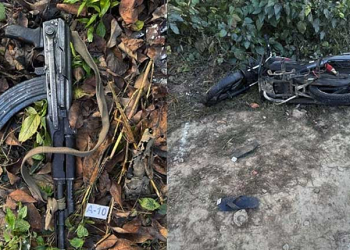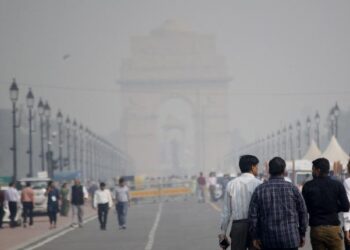New Delhi: While the menace of substandard and falsified (SF) medical products is not new in India, such incidents saw a significant increase during the Covid-19 pandemic – rising by 47 per cent from 2020 to 2021, according to a report.
The report by Authentication Solutions Providers’ Association (ASPA) looked into major counterfeit incidents during the Covid-19 period and its impact in the country.
The noticed incidents were majorly related to Covid related medical products, including vaccines, medicines, Covid test kits, antibiotics, face masks, and sanitisers. During the Covid peak, incidents of SF medical were observed in 23 out of 29 states and seven Union Territories of India, the report said.
Globally also, Pharmaceutical SF incidents rose 111 per cent over the past ten years, derailing global efforts to fight life-threatening disease and to achieve the UN-mandated sustainability goal of ‘Right to Health’.
“Criminals have seen the pandemic crisis as an opportunity to sell more and more substandard and falsified medical products, taking advantage of the vulnerability of the people in need. The tremendous adverse impact of the huge increase in circulation of spurious medicine and medical essentials on the fight against the Covid-19 pandemic has almost gone unnoticed,” said Nakul Pasricha, President, Authentication Solution Providers’ Association (ASPA), in a statement.
“It is unfortunate as criminals produce ineffective or harmful products in packaging that appear identical to genuine products to make them difficult to detect. The circulation and use of these SF medical products violate the Right to Health and slows down the pace of providing quality health services that people deserve,” Pasricha added. He also called for urgent “action to curb this menace”.A
Despite guidelines, the circulation of SF medical products has been an under-addressed/ under-tackled issue.
The report also welcomed the government’s recent decision to make QR Codes mandatory on Active Pharmaceutical Ingredients (APIs) – the primary raw materials used in making medicines, capsules, tablets, syrups, and others.
Enforcing the mandate on APIs is the right starting point, but the report suggested a comprehensive approach towards building an authentication ecosystem in the country.
National authentication and traceability projects have been trending internationally for the last few years, with China, Brazil, Turkey, the US, and the EU pioneering in this area. It has helped these countries reduce the shadow market in various industries, improved tax collection, and significantly reduced losses incurred by businesses from counterfeit products and illegal trade.
The report suggested India to also implement these measures in other sectors to join the league of advanced digital economies.
(IANS)



